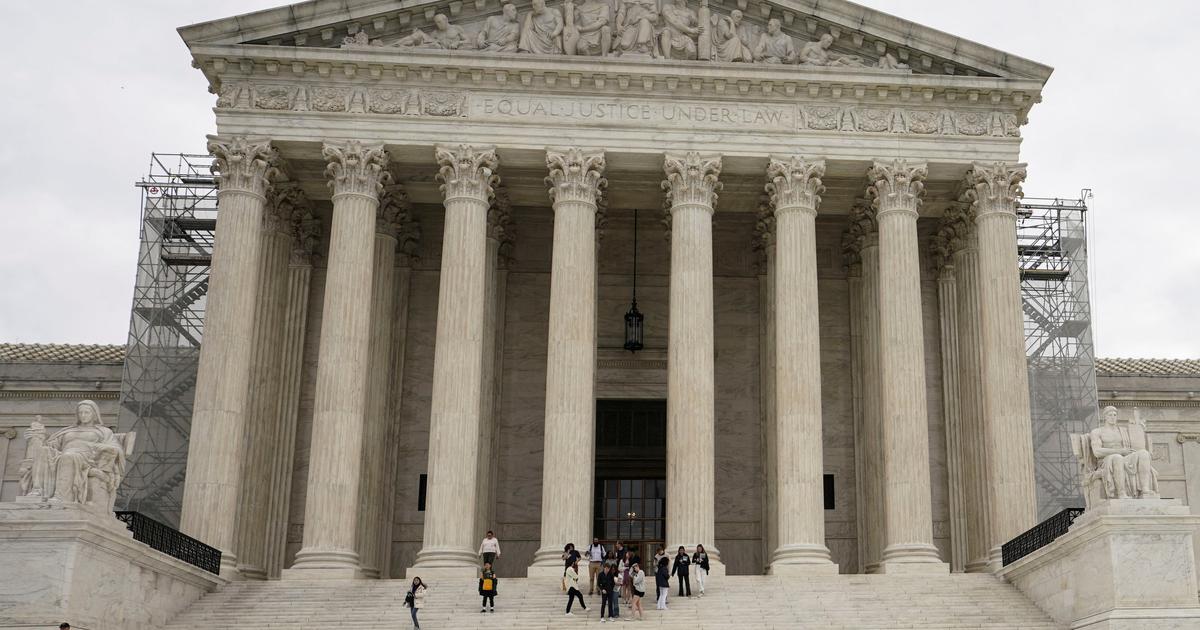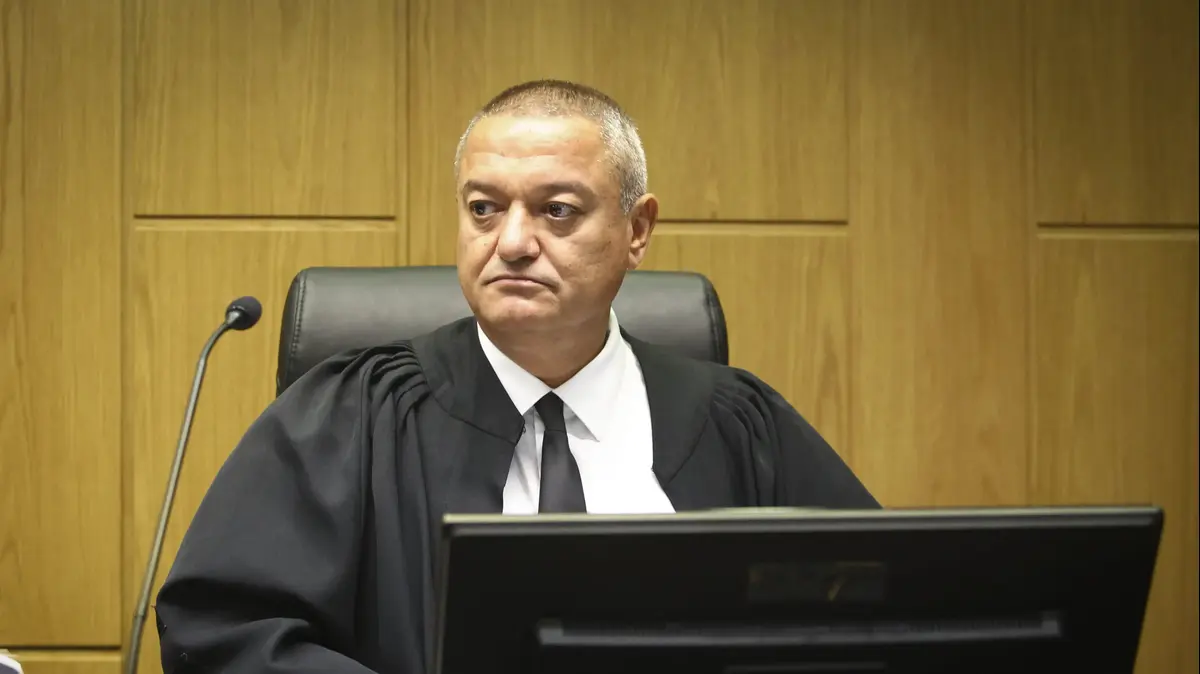The secretary general of Vox, Javier Ortega Smith, before the Constitutional Court in July 2021, Chema Moya (EFE)
The Prosecutor's Office has challenged the decision of the Constitutional Court to reject the appeal filed by the Association Trece Rosas Asturias against the deputy and spokesman for Vox in the Madrid city council Javier Ortega Smith, who in a statement said that the young women known as the Tres Rosas They "tortured, murdered and vilely raped" in the Czechs of Madrid during the Second Republic.
The demonstrations of Ortega Smith, carried out on the TVE program 24 Hours, gave rise to a complaint filed by the aforementioned association and by relatives of one of the Thirteen Roses, shot in August 1939, four months after the end of the Civil War. . The complaint was rejected and archived in 2019. On January 19, 2020, the Supreme Court also rejected the appeal filed against this decision. The day before, on January 18, the plaintiffs appealed for protection before the Constitutional Court.
The court of guarantees rejected the appeal for protection on the grounds that the judicial process had not been exhausted, an essential requirement to go before the Constitutional Court. In fact, the filing of the case and the rejection of the subsequent appeal by the Supreme Court had occurred before, although it could not be clearly stated in the documentation of the procedure, due to the aforementioned mismatch in dates. Once this point has been clarified, it is possible that the plaintiffs' procedural representation could reconsider their appeal for protection, once it has been highlighted that they have exhausted the ordinary judicial process.
The process that was followed in the Supreme Court - before which Ortega Smith is graded, as a deputy - was shelved because the Criminal Chamber considered that the defendant's statements were not constitutive of the crimes of serious insults, slander and incitement to hatred that were committed against him. charged. Ortega Smith had stated in his statements that during the Civil War there were crimes on both sides and that the young Republicans who were shot "tortured, murdered and vilely raped." It so happens that not even the Council of War to which the Thirteen Roses were subjected, several of them minors. The Prosecutor's Office supported the complaint presented.
The Supreme Court, in turn, rejected the initiative of the plaintiffs. In his order, he argued that the jurisdictional function consists of “assessing, taking into account the concurrent circumstances and the expression of the ideas expressed”, if what has been declared constitutes a legitimate exercise of freedom of expression or, on the contrary, “the expression is violation of the rights and dignity of the persons referred to ”.
The order of the Criminal Chamber added that in order to assess the criminal offense of incitement to hatred, it is necessary that the statements represent “a certain danger of generating a climate of violence and hostility that can take shape in specific acts of violence, hatred or discrimination” against certain groups, for racist, anti-Semitic or ideological reasons.
The Supreme Court considered that such assumptions did not occur in this case, and hence the inadmissibility of the complaint.


/cloudfront-eu-central-1.images.arcpublishing.com/prisa/7ZSE2B3NHBCBXJUKMVDIJEMBHI.jpg)
/cloudfront-eu-central-1.images.arcpublishing.com/prisa/JCOP42CFDZAPJBCSFFID5AZIXU.jpg)





